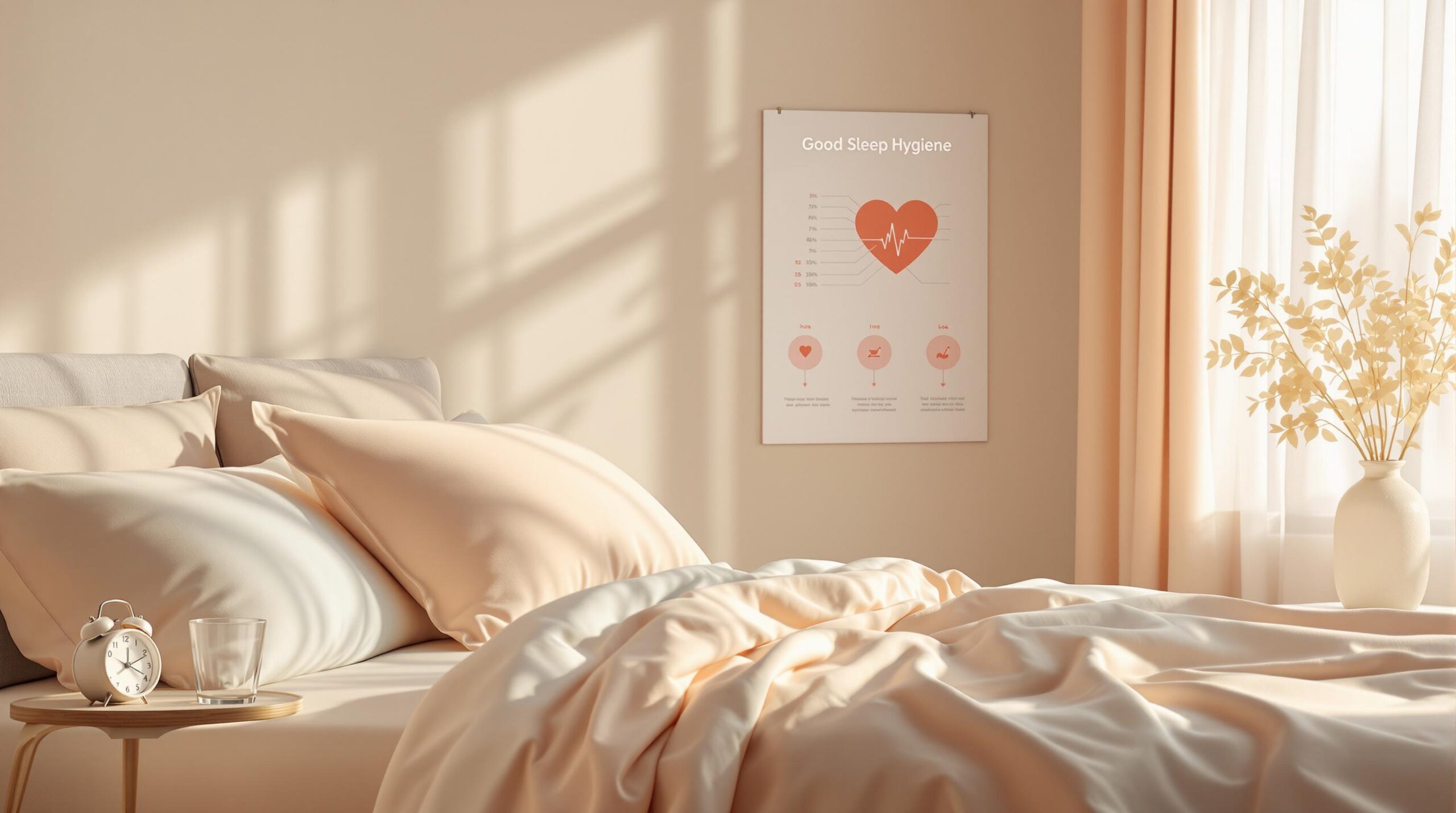Up to 70 million adults are living with a sleep issue — a disorder, a regular late shift, or health problems that affect sleep. As a result, at least this many people don’t receive the amount of sleep as recommended by the Centers for Disease Control and Prevention (CDC). Not getting enough sleep isn’t just bad for your mood; it’s bad for your heart.
How is sleep so important?
For starters, without enough sleep, you feel it immediately. Sleep is your body’s chance to repair itself, including resetting your skin and refreshing your energy. Without a minimum of seven hours of quality sleep per night, the body simply doesn’t have enough time to reset for the next day. It’s possible for some people to need less sleep, but this happens far less often than a person who needs a full night, but is used to less sleep.
Healthy sleep patterns can protect your heart from heart disease — people with healthy sleep patterns are up to 42% less likely to develop chronic conditions, including heart disease and traumatic events, like heart failure and heart attacks.
Losing sleep costs you more than just time in your bed. Losing sleep is associated with a buildup of calcium in the arteries near the heart, with the risk of buildup elevating by about 33% in people who don’t get quality sleep on a regular basis. Buildup in the arteries inevitably affects blood flow, as well as changing the landscape of your arteries.
How can better sleep help my heart?
The list of causes for poor sleeping habits is extensive, though common causes include underlying health issues, chronic conditions, exhausting working schedules, stress, mental health conditions, certain medications, aging, and the use of drugs.
Of these and many other possible causes, many of them are ultimately related to stress levels. When you’re experiencing constant, elevated levels of stress hormones, your arteries become susceptible to cholesterol buildup. This buildup causes heart attacks once an artery is totally blocked. No matter the cause of your sleep loss, it’s important to always try to get as close as you can to a proper night’s sleep.
As mentioned, better sleep lowers your risk of nearly every cardiac issue. Consistent, healthy sleeping patterns doesn’t just protect your heart — it protects all of your organs, including your pancreas. When your pancreas fails, insulin, which regulates blood sugar, is no longer produced by the body. This is what causes diabetes, a metabolic disorder that can be caused, in part, and exacerbated by poor sleep hygiene.
Consistent, quality sleep is also a foundational tool for stress management. Considering the strong role that stress plays in your physical, emotional, and mental health, it’s clearly essentially important to manage stress effectively, and get the rest that your body needs to stay healthy.
How do I improve my sleep?
A balanced diet with plenty of vegetables, fresh fruit, whole grains, and lean protein is always the best place to start. Add exercise that fits your abilities and energy level, and gradually increase your intensity. Stay in close touch with loved ones, and confide in them. Consider therapy if you think you’re experiencing depression or anxiety, two extremely common mental illnesses that can affect the quality of your sleep.
For more information and direct guidance about protecting your heart, whether you’re asleep, or awake, call your provider at Prime Heart and Vascular at 972-295-7017, or book an appointment with us online.





